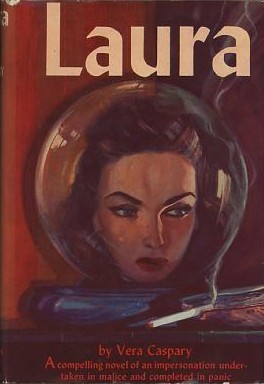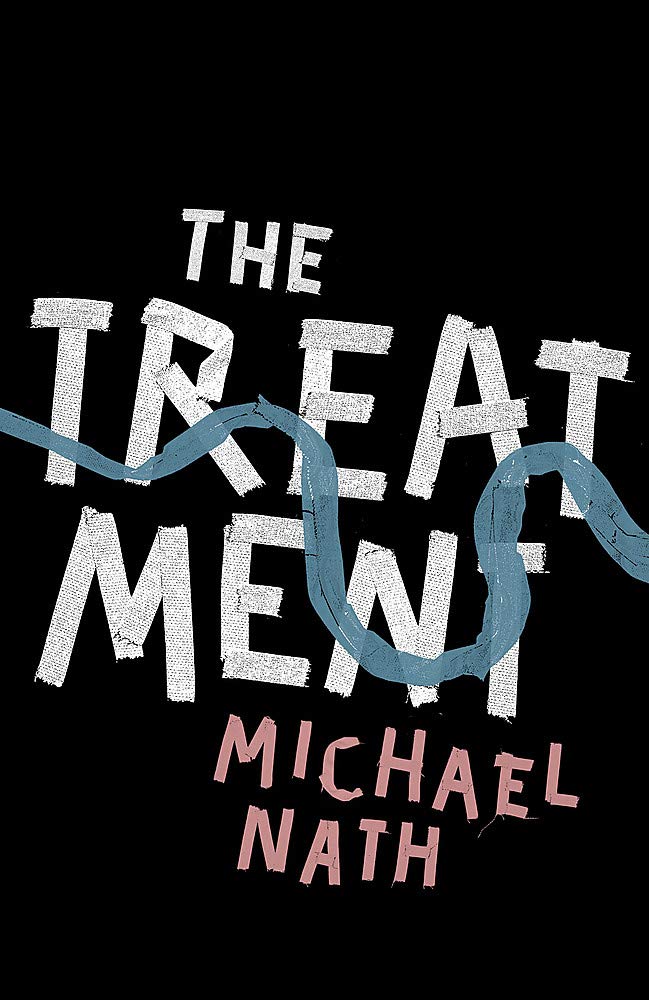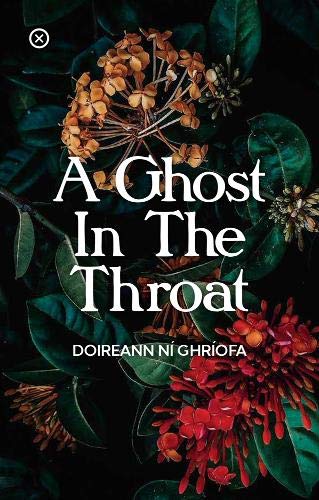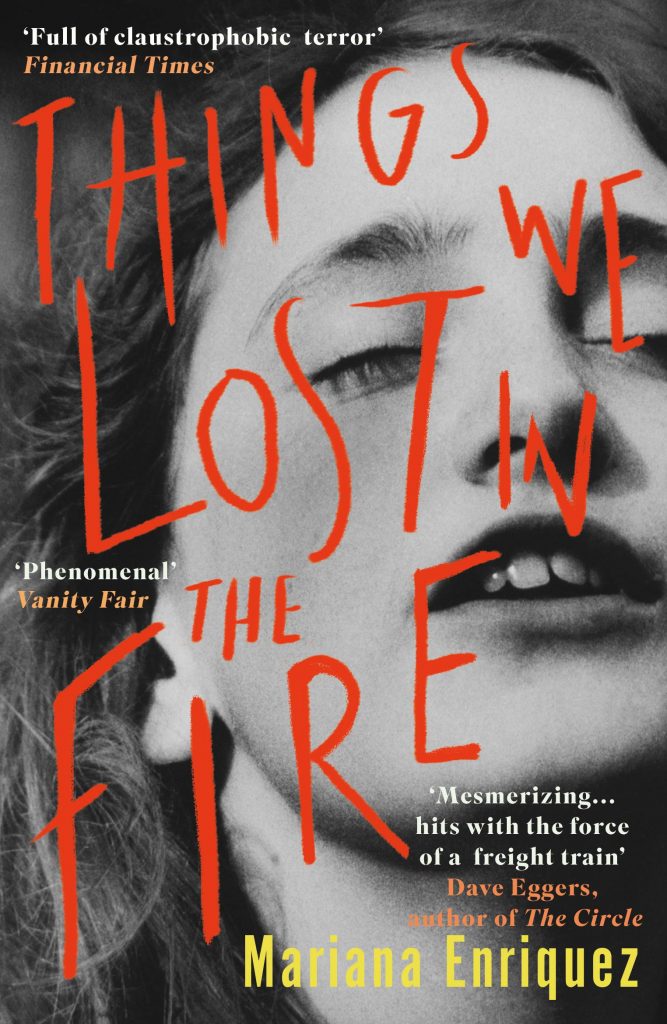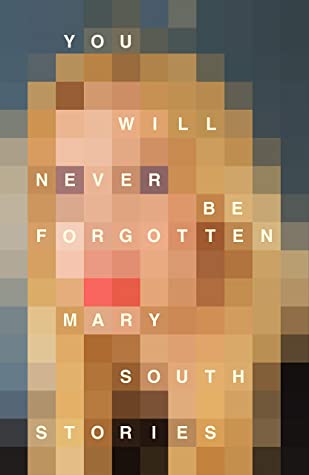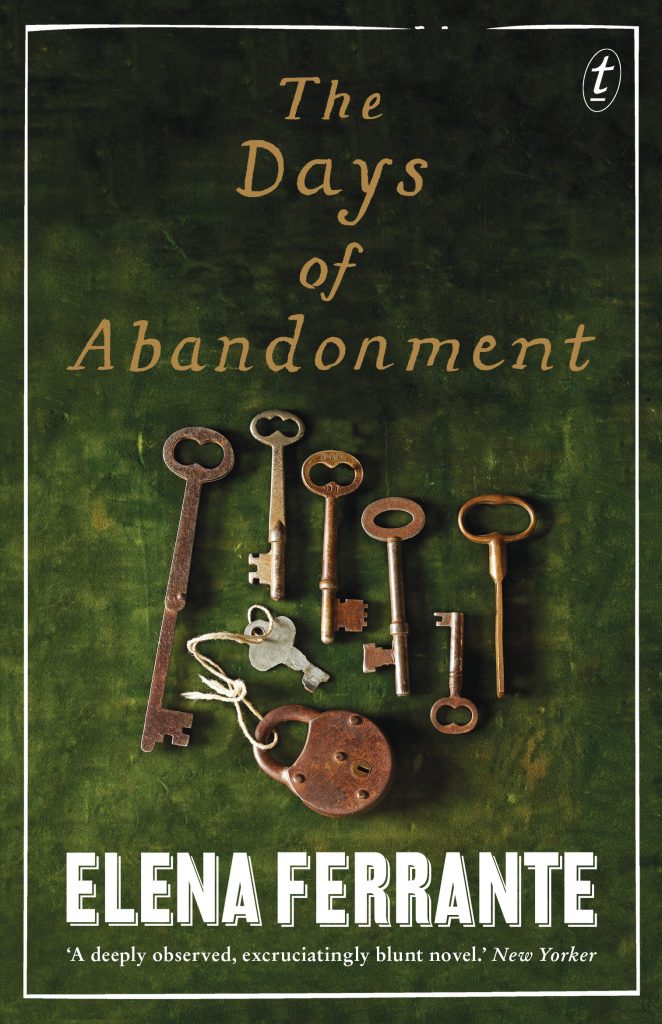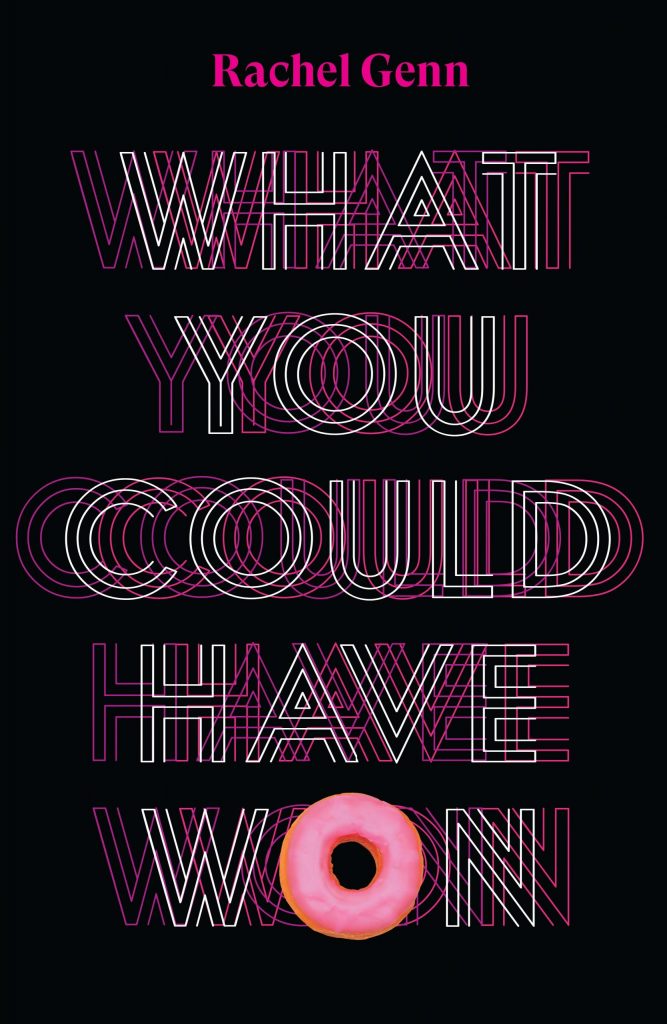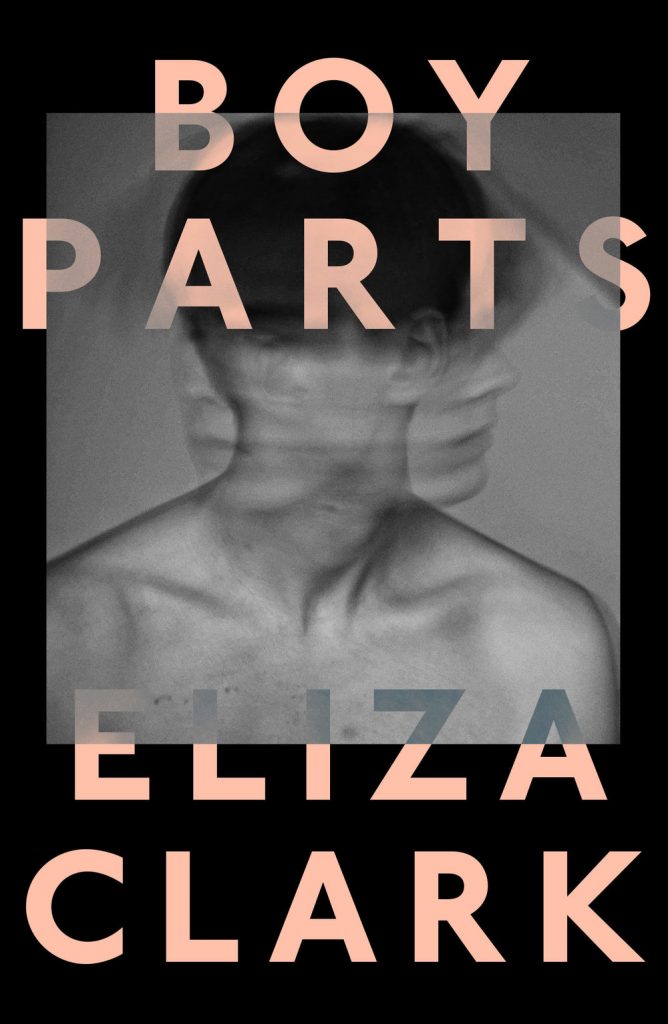I am intending to post again next week with a rundown of the books that have most captured my imagination in 2020, but before that I thought I would share some words on how this strangest, most disorientating of years has played out within the context of my life in writing.
Many more years will need to pass before we can begin to accurately assess the full impact of 2020 – personally, politically, socially, environmentally. Until we are able to gain some distance, what we have is a combination of memory-flashes, baseline anxiety and news-montage. Chris and I live on a Scottish island and this fact alone has helped us withstand much of the practical awfulness of living through a pandemic: low population density, low incidence of the virus in the community, ample and safe opportunities for spending time outside, generosity of spirit and considerate adherence to the official guidelines from all who live here. We have also felt the unexpected benefits of being used to relative isolation: yes, we were completely locked down on the island for four months (and look set to be again any day now), but being lucky enough to work from home we were able to find a new routine and a sense of purpose even in spite of the restrictions. Not being able to travel brought its own strange benefits. As the winter comes on, we speak reassuring words to each other about not going across to the mainland much at this time of year anyway – even under normal circumstances, the clash of weather and ferries can make the threat of being stranded something of a deterrent.
We have friends down south who have contracted the virus but thank God none of them have suffered severe complications. The person closest to me who has been most impacted this year has been my mother. She has had her elective surgery cancelled twice, and with the current uncertainties around January lockdown – how severe will it be, how long will it last? – it is more or less impossible to estimate or discover when her operation might be rescheduled. My mother is an incredibly resilient person and has been remarkably upbeat through most of this year, but to see her in pain, her mobility increasingly affected is both worrying and upsetting. We understand there are many, many others in a similar position or worse, and here again we have much to be grateful for: my mum lives on the island, we have formed a social bubble/extended household and so I can spend time with her whenever I want to. Had she still been living in Cornwall, we would not have seen each other all year and as someone who suffers from anxiety she would have felt increasingly isolated.
Of course there are thousands of families, separated at this moment, who are not nearly so fortunate.
Though we have all of us come through this year together, seen and felt and cataloged its proliferating anomalies in a kind of Greek chorus of accelerating strangeness, each and every one of us will have experienced 2020 differently. Much of my own anxiety has been abstract, political, ambient: I am now middle aged, finally fully engaged in the work I love and cherish and was born to do and possessed of the kind of temperament – driven, obsessive – to be able to keep doing it even in spite of the mounting uncertainties. We are in a co-dependent relationship, my work and I, so it is lucky that we strengthen and encourage each other rather than engaging in mutually assured destruction. In terms of my own mental health and personal anxiety, certain years of my twenties, thirties and forties have been far harder to bear than this one. Had the events of this year taken place a decade ago, my situation – emotional, practical, financial – would have been very different.
This is something I remember and think about all the time, as I think about and internally rail against the myriad ways in which the government response to the epidemic – incomplete, uncoordinated, politically compromised as it is – has worsened the crisis, deepened social divisions and created an environment in which so many individuals and communities will find it even harder to recover.
If I were to try and articulate the feelings that have predominated and continue to define this year for me I would speak of existential nostalgia (in the Tarkovskian sense) for certainties that never existed, a constantly thrumming anger at the way political expediency has been granted ascendancy over societal need, a heightened, calamitous awareness of the entropic instability of the universe at large.
There is no doubt these fears and concerns have affected my writing, not in the matter of my ability to write but in my uncertainty over what might be relevant and what might be enough. At the beginning of 2020 I was well into the first draft of a new novel. I remember being fairly happy with the way it was developing, although that seems like a long time ago now, an isolated period now marooned on the further side of an insurmountable time-barrier. As the first period of lockdown came into being, I had just begun to write a portion of the narrative that was linked to yet discrete from the main body, an embedded text of the kind I love to create and that in this case immediately became suffused with all the anger and fear and disorientation of those first unbelieving weeks of the pandemic.
I redrafted this section recently and found memories of that time flooding back in a disturbing way. I am glad to report that this story has survived through to the current version of the novel in all its furious weirdness. The rest of that first draft was not so lucky. As I finished writing the embedded text and emerged again into the main stream of the narrative, everything about it felt wrong, insufficient, out of sync with my current thinking. It did not help matters that I suddenly became obsessed with pandemic literature – not zeitgeisty zombie apocalypses but older texts, writing that had arisen from the anxieties and social concerns of the time of writing: Camus’s The Plague, Defoe’s A Journal of the Plague Year, Katherine Anne Porter’s Pale Horse, Pale Rider. I now have a file of notes on all these and more, which I am sure is going to come in useful for some future project and that I fully intend to return to but caused me nothing but trouble earlier this year as I tried to knit some of these strands into a narrative already burdened with too many conflicting areas of interest.
I ended up dumping the lot, all 60,000 words of it. Discarding words is an inconvenience I have grudgingly learned to accept as a part of my process. I felt much better for having made this decision but starting completely from scratch brought its own problems and the novel had to undergo another heavy-duty realignment before assuming the form it now has, a form that finally bears some resemblance to what I have in mind. The draft currently stands at 68,000 words. I have another 20,000 words or so to write (some already drafted, the rest new material) at which point I will have what will amount to a complete working draft. This will then need to be redrafted as a continuum, the part of the process I find most rewarding (not to mention something of a relief) and that transforms the pile of dog-eared pages into a book.
This has seemed an incredibly trying, vertigo-inducing process at times. It has also been exciting, rewarding, thrilling, testing my abilities, stretching my ambitions and posing difficult yet energising questions about the kind of book I want to write, the direction I need to take, the type of writer I am endeavouring to become. It is both discomfiting and uniquely satisfying, to know that as a writer the answers to such questions are already within you. That as the writer of this particular book, you are the only one who can solve its problems.
I am hoping to have those problems solved, to the best of my ability, sometime during the first quarter of next year.
I am also happy to report that while all this was going on I also managed to complete two pieces of short fiction and draft most of a third story, to be delivered in March.
I feel incredibly lucky to do what I do, to love what I do, to be fit and well enough to do it to the best of my ability. If anything, the challenges and sobering insights of 2020 have redoubled my commitment to my work, re-ignited my passion and gratitude for the talent of others, reaffirmed my conviction that art absolutely matters. I hope that everyone reading this is able to find some joy, comradeship and peace this festive season, as well as the hope of better days to come. Stay safe, everyone. And see you back here next week for my best of the year.
